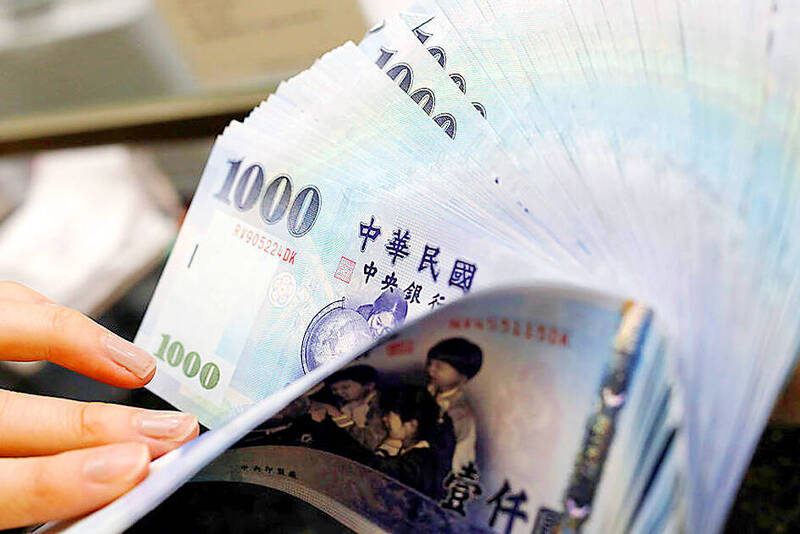Business
President Lai Promotes Tax Exemption for Millions in Taiwan

President William Lai announced a new tax policy aimed at benefiting between 40 to 50 percent of the Taiwanese population. Under this proposal, individuals earning an annual income of NT$620,000 (approximately US$20,495) or less would be exempt from income tax when they file their taxes in May 2024. This initiative is being touted as a significant move towards reducing the tax burden for the majority of citizens.
According to Lai, this year marks the “lightest tax burden” in Taiwan’s history. He stated that the majority of income tax contributions would come from the top 1 percent of earners, suggesting a shift in the tax structure that favors lower-income individuals.
Despite the optimism surrounding the proposal, there is skepticism from opposition lawmakers. Hsu Yu-chen, a legislator from the Chinese Nationalist Party (KMT), criticized the announcement as mere political rhetoric. Hsu pointed out that a similar exemption already exists, which has been in effect since the previous tax year. She emphasized that this exemption, along with other deductions, would not significantly change the existing tax framework.
The current tax system includes various exemptions and deductions, comprising a personal exemption of NT$97,000, a standard deduction of NT$131,000, a salary deduction of NT$218,000, and a rental deduction of NT$180,000. Together, these deductions amount to NT$626,000 per taxpayer, which means many individuals already fall below the taxable income threshold.
Hsu also highlighted concerns regarding the inequity within Taiwan’s tax structure. Data from the Ministry of Finance reveals that in 2023, approximately 43.8 percent of the 6.883 million income tax filings were exempt from taxation. Notably, only about 64,000 households, or 0.93 percent of all households in Taiwan, reported net taxable incomes exceeding NT$5 million. This small fraction accounted for an impressive NT$207.9 billion, which is 43.3 percent of total income tax revenue, including dividend taxes.
The implications of these statistics indicate that less than 1 percent of affluent households are responsible for contributing over 40 percent of total income tax revenue for the year. Hsu contended that this concentration of tax responsibility underscores the need for a more balanced and equitable tax system in Taiwan.
While the government plans to discuss the details of the proposed tax cuts with the Ministry of Finance, it remains to be seen how this policy will evolve in practice. The dialogue between government officials and political parties is crucial in shaping the final outcome of these tax reforms, as the country seeks to address concerns regarding income inequality and fiscal responsibility.
In conclusion, President Lai’s tax exemption plan seeks to alleviate the financial burden on a significant portion of the Taiwanese populace. As discussions continue, the effectiveness and implications of these changes will likely influence the political landscape and economic environment in Taiwan moving forward.
-

 World5 months ago
World5 months agoSouth Korea’s Foreign Minister Cho Hyun to Visit China This Week
-

 Business5 months ago
Business5 months agoStarling Bank Plans Secondary Share Sale, Targeting $5.4 Billion Valuation
-

 Top Stories5 months ago
Top Stories5 months agoMunsang College Celebrates 100 Years with Grand Ceremony
-

 World5 months ago
World5 months agoPAS Aims to Expand Parliamentary Influence in Upcoming Election
-

 Business7 months ago
Business7 months agoKenvue Dismisses CEO Thibaut Mongon as Strategic Review Advances
-

 Lifestyle6 months ago
Lifestyle6 months agoHumanism Camp Engages 250 Youths in Summer Fest 2025
-

 Sports6 months ago
Sports6 months agoDe Minaur Triumphs at Washington Open After Thrilling Comeback
-

 Sports7 months ago
Sports7 months agoTupou and Daugunu Join First Nations Squad for Lions Clash
-

 Top Stories7 months ago
Top Stories7 months agoColombian Senator Miguel Uribe Shows Signs of Recovery After Attack
-

 World7 months ago
World7 months agoASEAN Gears Up for Historic Joint Meeting of Foreign and Economic Ministers
-

 Health6 months ago
Health6 months agoNew Study Challenges Assumptions About Aging and Inflammation
-

 Business7 months ago
Business7 months agoOil Prices Surge Following New EU Sanctions on Russia









